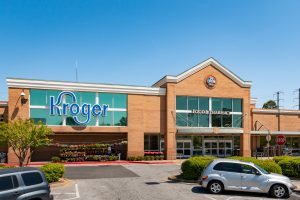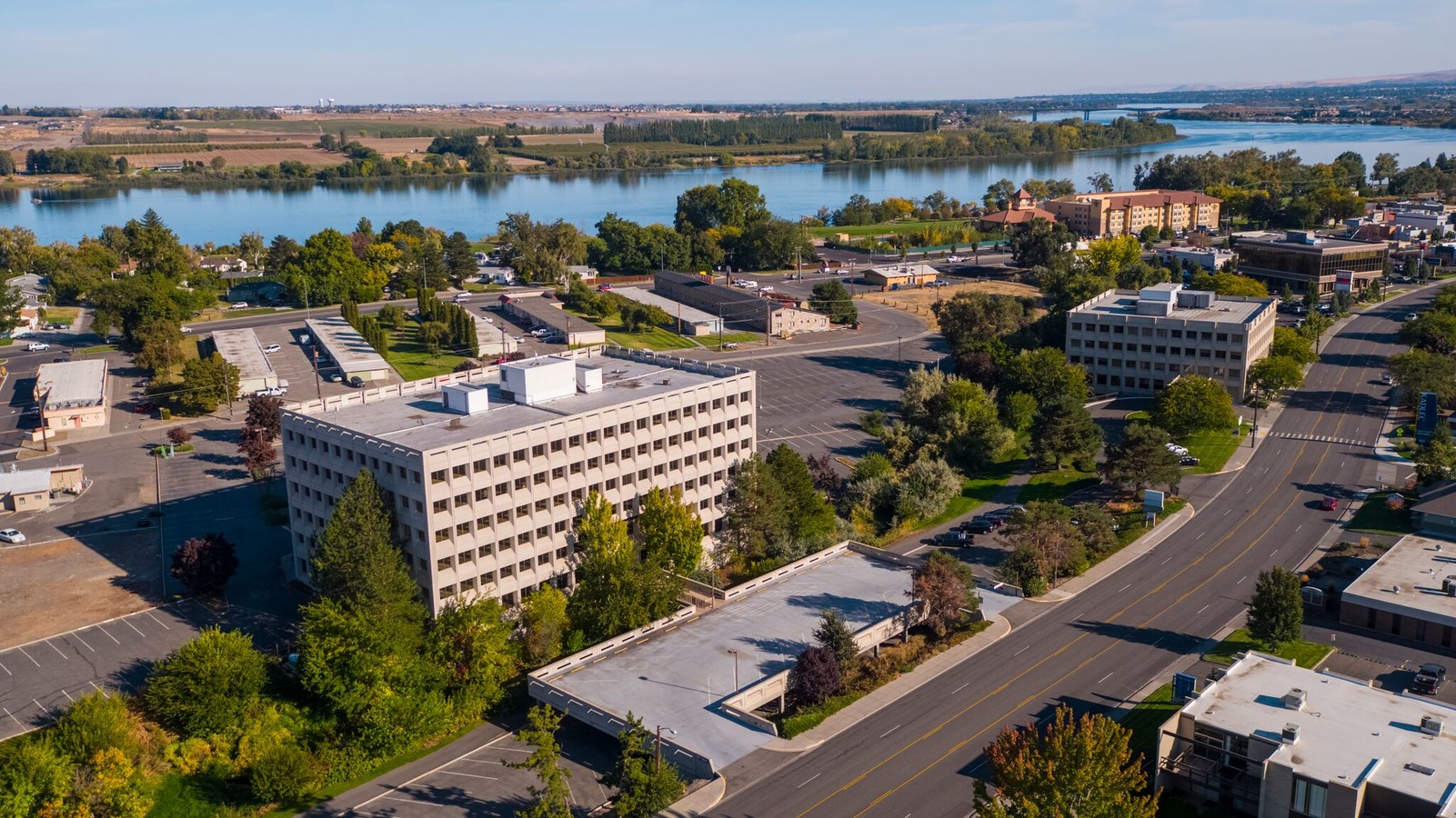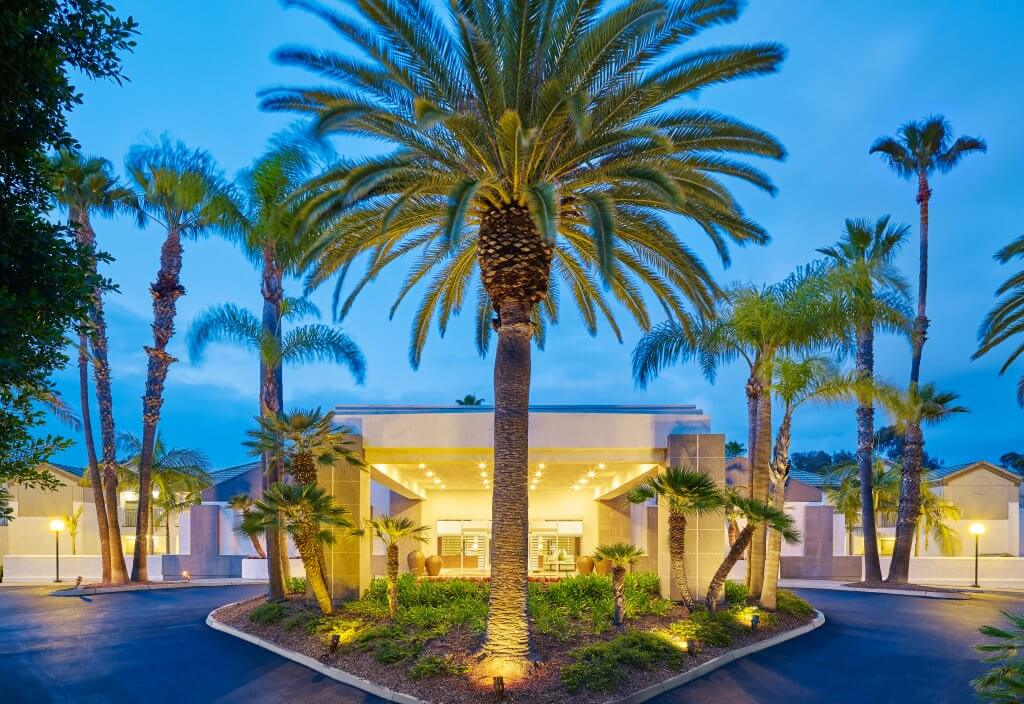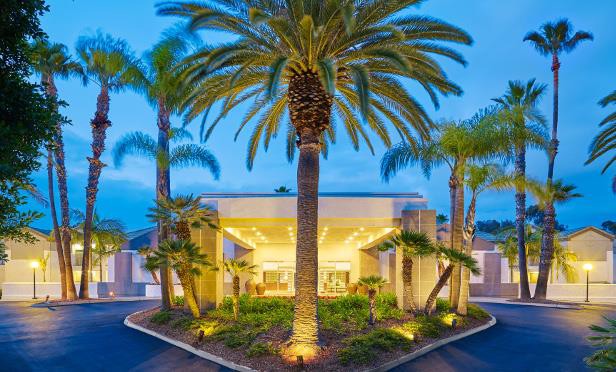Mission Capital Advisors Marketing Lake City Commons,
90,000-Square-Foot Retail Property in Atlanta Suburb
With occupancy of 98 percent, shopping center will offer investors a stable, income-producing asset
LAKE CITY, Ga. (July 9, 2018) — Mission Capital Advisors, a leading national real estate capital markets solutions firm, today announced that its Asset Sales Group is marketing Lake City Commons, a 91,494-square-foot community retail center located at 5656 Jonesboro Road in Lake City, Georgia. The Mission Capital team of Will Sledge, Kyle Kaminski and Tom Karras is marketing the property on behalf of the seller, a CMBS special servicer. The property will be auctioned on the RealINSIGHT Marketplace, with the bidding window opening on July 23 and closing on July 25.
Constructed in 1998, the property boasts a diverse array of tenants, including anchor tenant Kroger — which is signed to a triple net lease through 2024— as well as Dollar Tree, H&R Block, Metro PCS and Pizza Hut. In addition to occupying 69 percent of the property’s leasable area, Kroger also intends to construct and operate an on-site fuel center, which would generate additional traffic to the property.
The property has modest near-term rollover, and several of the tenants with expiring leases are currently in the midst of negotiating renewals.
“In today’s challenging market, many buyers are looking to invest in grocery-anchored shopping centers, which provide much more stability than conventional retail assets,” said Kaminski. “Kroger has been at this property since its opening, and the grocer has performed successfully for a full two decades. With Kroger investing its own capital in the on-site gas station, the credit tenant is clearly demonstrating its plans to remain at the property for the long term.”
The property is located within 14 miles of downtown Atlanta, positioning it in the country’s ninth most populous metropolitan area.
Investors are encouraged to visit the RealINSIGHT Marketplace for more details and bidding information: https://marketplace.realinsight.com/sales/details/237

About Mission Capital Advisors
Founded in 2002, Mission Capital Advisors, LLC is a leading national, diversified real estate capital markets solutions firm with offices in New York, Florida, Texas, California and Alabama. The firm delivers value to its clients through an integrated platform of advisory and transaction management services across commercial and residential loan sales; debt, mezzanine and JV equity placement; and loan portfolio valuation. Since its inception, Mission Capital has advised a variety of leading financial institutions and real estate investors on more than $65 billion of loan sale and financing transactions, as well as in excess of $14 billion of Fannie Mae and Freddie Mac transactions, positioning the firm strongly to provide unmatched loan portfolio valuation services for both commercial and residential assets. Mission Capital’s seasoned team of industry-leading professionals is committed to achieving clients’ business objectives while maintaining the highest levels of integrity and trust. For more information, visit www.www.missioncap.com.
About RealINSIGHT Marketplace
RealINSIGHT Marketplace is one of the nation’s leading online due diligence and auction bid platforms. RealINSIGHT provides local, regional, national, and international investors the opportunity to review and bid for loan and REO assets on an individual basis. For more information, visit marketplace.realinsight.com.



